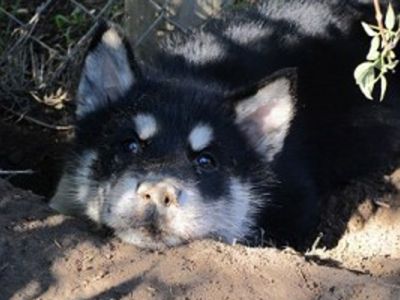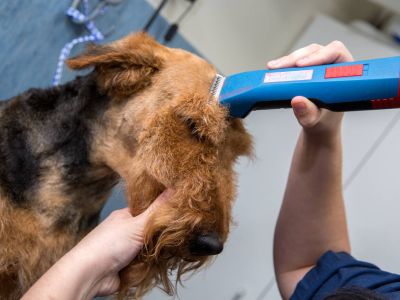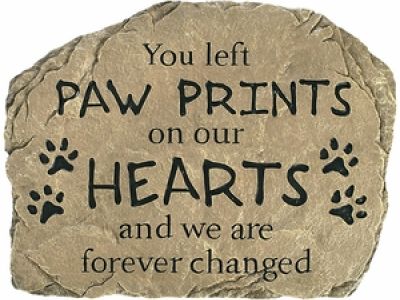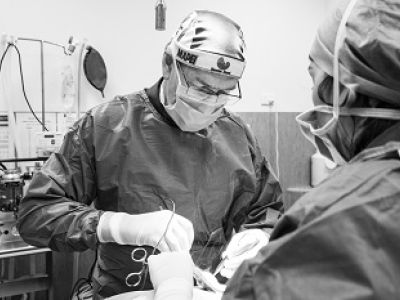Vaccinations
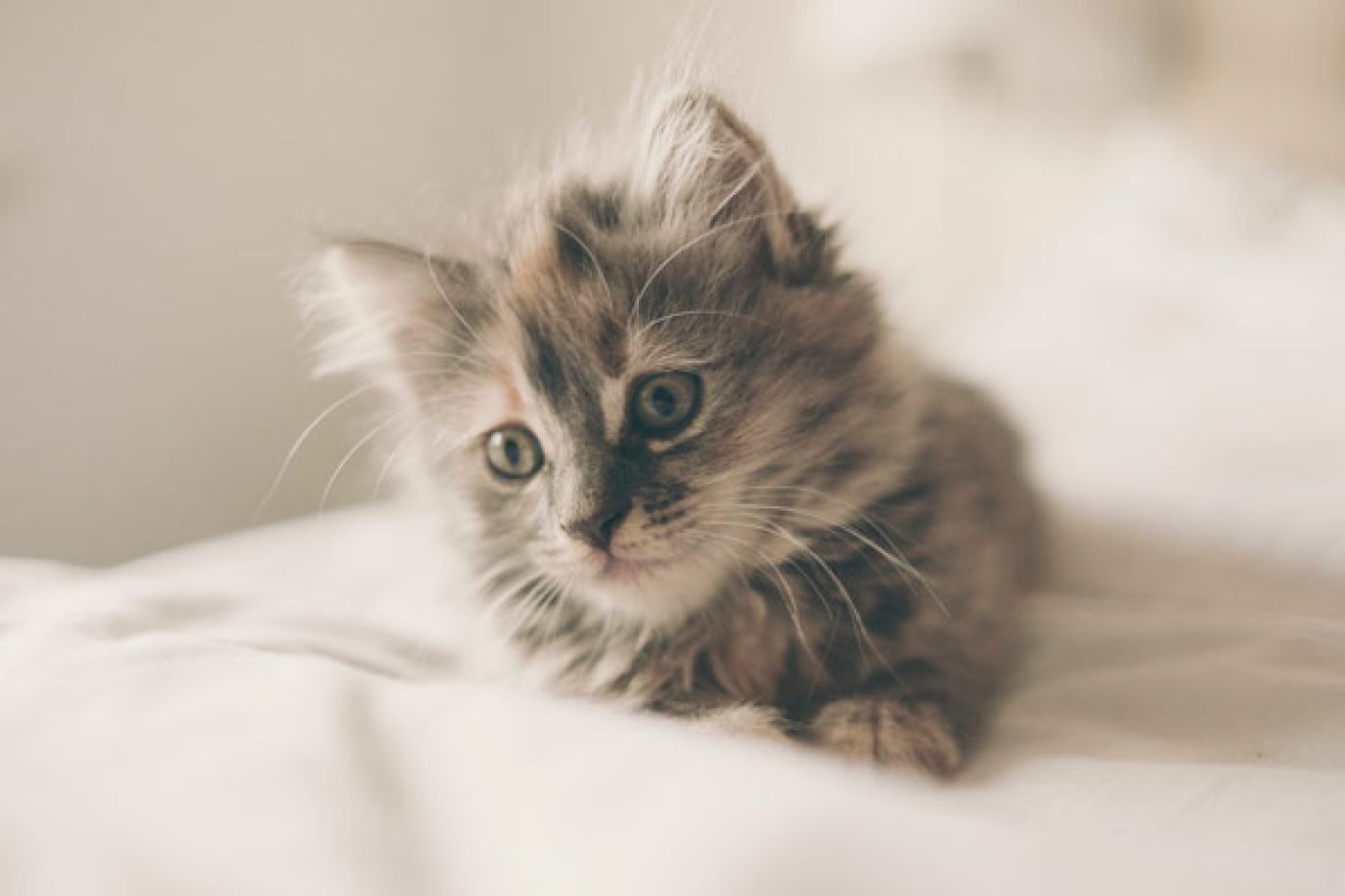
Vaccines contain a small portion of the virus that is the infectious agent. When this material is introduced into the body in a vaccine form the body’s immune system responds by making antibodies.
When the “real” disease tries to enter the animal the antibodies react to protect the vaccinated individual from becoming sick.
Why vaccinate my pet?
Companion animals today have the opportunity to live longer, healthier lives than ever before due to the availability of vaccines that can protect from deadly infectious diseases.
Pets that stay indoors can also be exposed to infectious diseases as they can be transmitted indirectly. Did you realise that you may bring home infectious materials on your shoes or clothing? Some of these viruses may be airborne which means they may not be in direct contact with an infected animal but still become contaminated.
Canine parvovirus is highly contagious and can remain in the environment for more than a year. Given that infected faeces can contain a very high concentration of viral particles a sensible solution would be to vaccinate to prevent contaminating the dog’s environment.
Vaccination remains one of the most important services we can offer and although it is a routine procedure it should not be taken for granted. It also allows an opportunity for a physical examination which is important in maintaining your pet’s health. An annual vaccination booster is required to maintain immunity after you have completed the initial puppy or kitten course.
Keep in mind over the holiday period that boarding kennels will only accept animals that are up to date with all vaccines. Ask at our reception for a copy of your vaccination certificate if you are going into kennels at any time.
